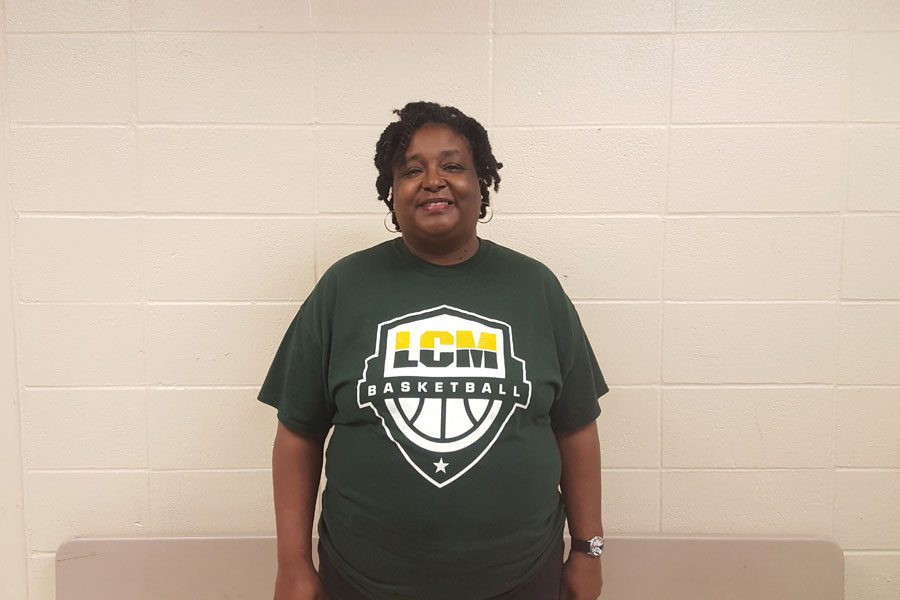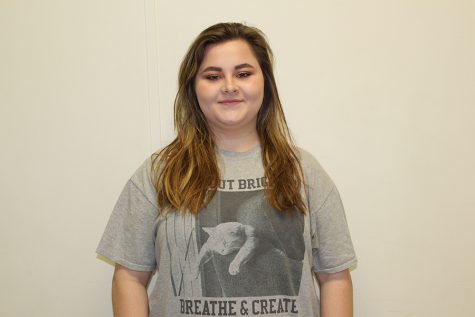ISS teacher leads students in right direction
Toni Warnell realizes the impact she has as the ISS teacher.
February 9, 2017
Working in the education field is never easy. Being responsible for hundreds of other people’s children and the pressure of trying to reach out and teach each one of them can be quite challenging. Most teachers have set class periods where they see the same students each day of the school year. In this situation, days can become quite predictable. However, for I.S.S. (In School Suspension) teacher Toni Warnell, she gets to see and work with different students each day.
“Most people think that I just watch the kids, but I’m responsible for a lot more than that,” Warnell said. “I have to make sure all of the students have their work and make sure their folder is filled out. I have to check with the teachers and see if they have checked off the student. But aside from all that, I also have to take care of the kids. I have to take them to go get lunch, take them to the bathroom, and make sure they are all doing their work and not sleeping.”
There are many difference between a detention teacher and regular teacher. The classroom teacher is responsible for making sure their students have everything they need to succeed in that class and are able to continue on in their school career. The detention teacher, however, has to also communicate with the classroom teachers. This can be hard because the teacher and the student may have tension between them or an incident was so sudden the teacher may not have anything planned for the student to do while in ISS. There is also the challenging task of dealing with the students’ emotions.
“I also help the kids cool down,” Warnell said. “The kids made a wrong choice at the time and it helps them to get out of that situation and calm down. That’s why I like the period SAC [I.S.S.] we have this year. The kid may be having a problem in that one class and it helps them get out and cool down for the rest of the day.”
Warnell has helped many children in her 20 plus years of being employed in the education field. She started off as a bus driver, then made her way into P.A.S.S. (Positive Approach to Students Success), similar to I.S.S., before then being moved into detention. Throughout this time, she has spoken with and helped students from different walks of life.
According to Warnell, she feels that communicating with the students is just as important as helping them stay on task and getting back on the right track in life. She has even had some former students come back to the high school and thank her for all she has done for them. For now, Warnell will continue to focus on helping each student who walks into the I.S.S. room.
“It’s important for me to communicate with the kids,” Warnell said. “Some days may be hard, so I try and pull them aside on times like that and reach out to them and just make sure they make the right choice. Not every action requires a reaction. Just think.”


